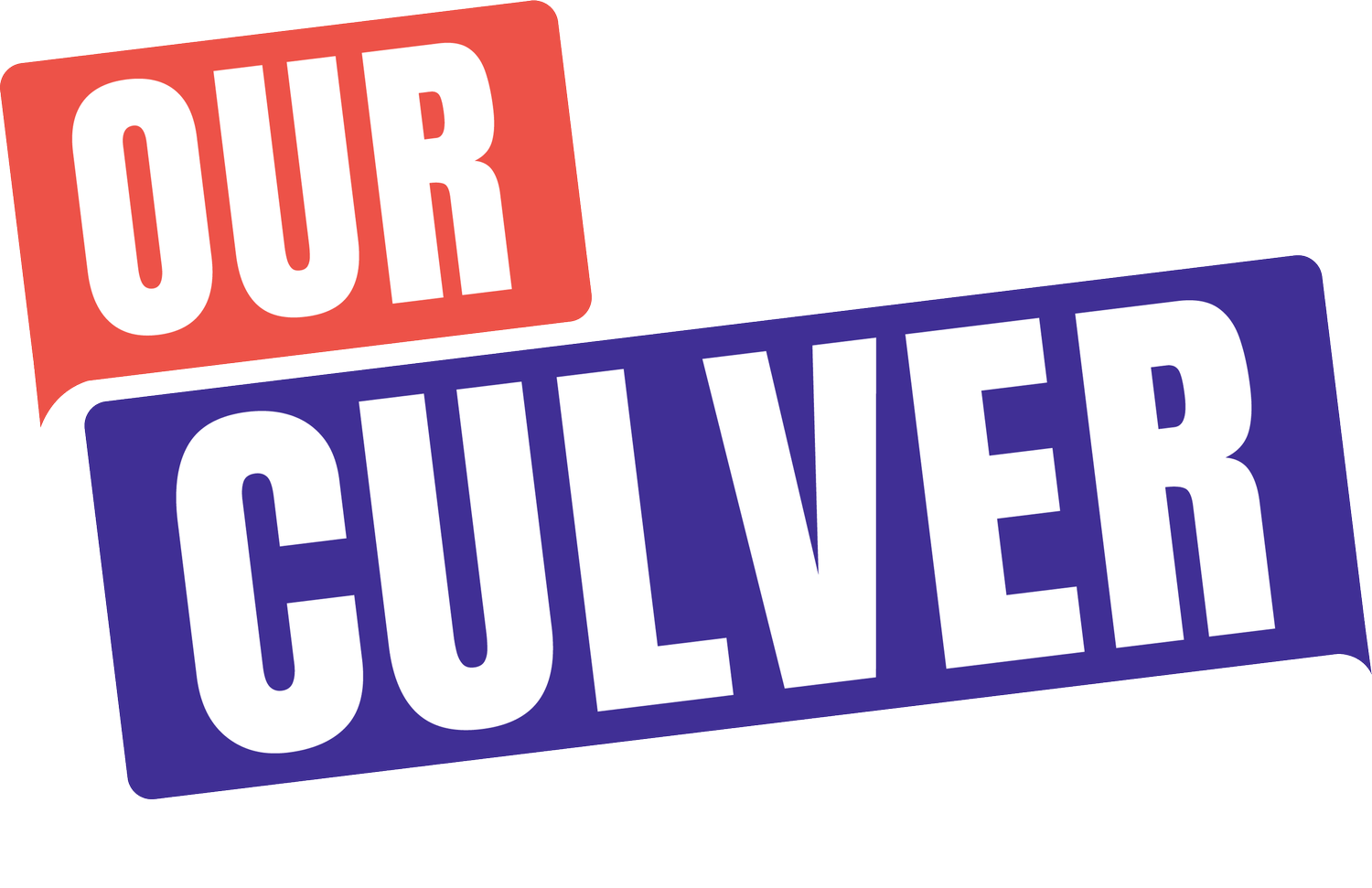Conservative Supreme Court Decision Aligns with Local Homeless Policy
Today, the Supreme Court ruled in Grants Pass v. Johnson that criminalizing homelessness is not considered Cruel and Unusual Punishment because, according to the conservative majority, the U.S. Constitution does not “impose [any] substantive limits on what conduct a state may criminalize.”
Democratic-appointed Justices Sonia Sotomayor, Elena Kagan, and Ketanji Brown Jackson dissented, writing that “[t]he majority’s framing of the problem as one involving drugs, diseases, and fires instead of one involving people trying to keep warm outside with a blanket just provides the Court with cover to permit the criminalization of homeless people.”
Before today’s ruling, a city could legally seize the tent and possessions of someone living on the street so long as the city offered at least a vacant bed in a homeless shelter. But today the Supreme Court’s conservative majority has granted a terrifying new power — a city can now legally seize someone’s tent and possessions without even offering alternative shelter.
LA-based writer Tracy Rosenthal wrote about the lead plaintiff in Grants Pass in a piece for The New Republic titled The New Sundown Towns:
“On July 24, 2018, Debra Blake was banished from every park in Grants Pass, Oregon. She added the exclusion order to a growing pile of violations—for sleeping, sitting, camping, and trespassing, a mix of civil and criminal charges that accrued late fees, bench warrants, and jail stints, wrecked her credit and job prospects, and made her a known entity to police. She didn’t qualify for a bed in the town’s only shelter, and there was no place she could legally rest outdoors... In fall 2018, Blake sued the city for violating her constitutional rights... Banishment of unhoused people was the point, her class-action suit argued.”
In 2023, Our City Council majority passed a tent-seizing ordinance in a 3-2 vote
Then-Mayor Albert Vera attends an October 24, 2023 operation in which Culver City took tents from folks living on the sidewalk under the 405 but denied them eligibility for Culver City homeless programs.
Last year, Culver City passed an ordinance similar to the one at issue in Grants Pass — both ordinances allow the city to seize tents without offering shelter first.
In Culver City, city staff generally tries to provide unhoused people with shelter or housing in one of the programs implemented from its 2018 Plan to Prevent and Combat Homelessness: Project Homekey (Action 1a), Wellness Village (Action 1c), and Motel Master-Leasing (Actions 1a/3c).
But Culver City’s ordinance does not require the city to offer an unhoused person shelter before seizing tents, and sure enough that’s exactly what happened on October 24, 2023. Unhoused people who were living under the 405 on the Culver City side of Venice Blvd had their tents and possessions taken by Culver City, and the city did not offer anyone living there a spot in one of the city’s above-mentioned programs.
Instead, they were sent across the street to board a bus in the City of Los Angeles as part of an Inside Safe operation, without being told where they were going. Some were never provided with shelter and slept on the street that night without a tent. After everyone was cleared out, Culver City erected fences to prevent further shelter under the 405.
Internal Emails Show Culver City Denies Eligibility for Homeless Programs
Excerpts from internal emails among Culver City staff.
Internally, Culver City staff discussed two reasons not to offer shelter before seizing tents and displacing people:
Staff admitted there were only a few spots available in the Wellness Village (then called Safe Sleep), not enough for everyone living on the Culver City side.
Staff claimed that none of those living on the Culver City side of Venice Blvd had a documented year-long residence in Culver City.
The idea of requiring year-long Culver City residency for participation in these programs was actually evaluated and rejected by the Culver City Council exactly one year earlier in a unanimous vote on October 24, 2022. And yet the city is still using this as a reason to take tents from unhoused people — without giving them another place to go.
Excerpts from the staff report and minutes of the October 24, 2022 Culver City Council meeting, in which the By-Name-List was selected as the eligibility and prioritization method for city homeless programs, without requiring one year of Culver City residency.
Will Culver City continue enforcement even as it runs out of shelter?
As Culver City’s programs fill up and hundreds remain unhoused in our city, the conservative Supreme Court’s ruling paves the way for continued seizing of tents without offering any shelter, let alone permanent housing.
Study after study shows that providing sufficient permanent housing is what actually reduces homelessness. Temporary shelter like Wellness Village has its place, but if we aren’t investing in new permanent supportive housing units, then we aren’t going to make a dent in the problem.
And enforcement actions like those legalized by today’s ruling have been shown in studies to only cause harm to unhoused folks without reducing the number of people living on the street. In Culver City, we may have fewer tents these days, but we also have many more people who are simply living on the sidewalk without any kind of tent or makeshift shelter.
Any one of us, facing rising rents, a lack of family support, and an eroded safety net, could end up living on the street. There, we’d face life-threatening heat or cold (even in LA) and the ever-present risk of assault.
And now, the cities we live in are allowed to take away even minimal privacy and protection from the elements without providing another place to go.




